Complete Guide to Hybrid Cars in Cyprus
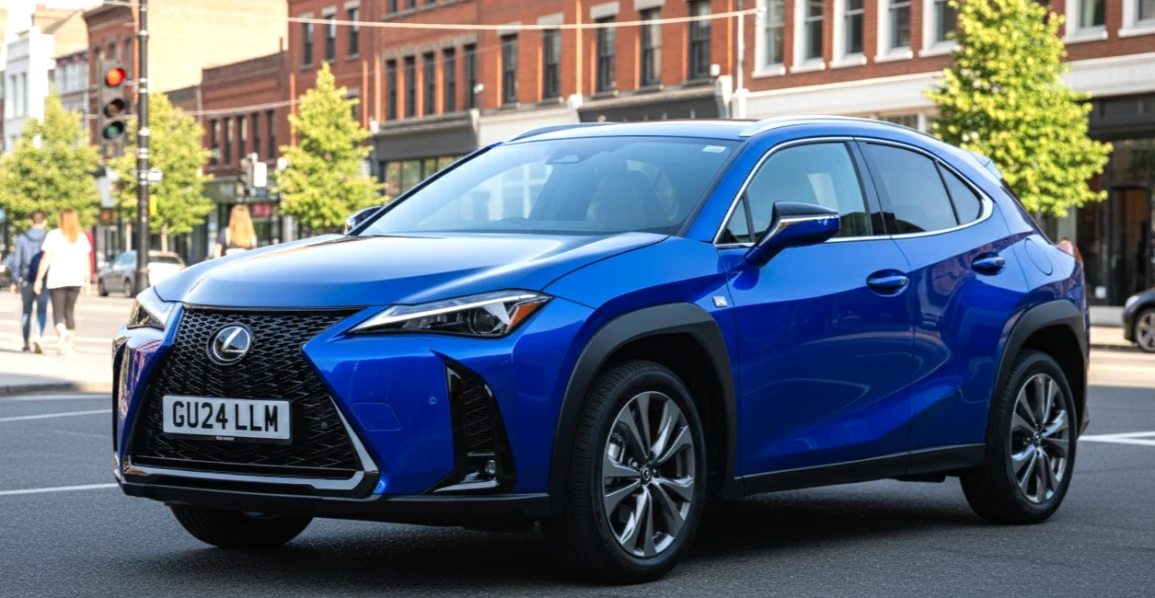
The era when cars were divided into just two categories — petrol and diesel — is fading into the past. The automotive world is changing rapidly, and new technologies are taking over the role once played by the traditional combustion engine. Today, on the roads of Cyprus and across Europe, hybrid cars are becoming an increasingly common sight — vehicles that represent the perfect “golden middle ground” between tradition and the future.
Hybrid cars combine the best of both worlds:
- from petrol-powered vehicles — familiar autonomy, the freedom to take long trips without worry, and the convenience of refueling in just a couple of minutes,
- from electric cars — fuel efficiency, reduced emissions, and quiet operation that makes every ride more comfortable and stress-free.
It’s no surprise that their popularity continues to grow year after year. More and more drivers are choosing hybrid cars in Cyprus for their lower fuel consumption, proven reliability, and eco-friendliness. This choice makes particular sense on the island, where fuel prices are relatively high, the climate is hot, and city traffic often means long hours in queues. In such conditions, hybrid technology performs at its very best.
But this raises an important question: what exactly is a hybrid car? How does it work, and what makes one type of hybrid different from another? Is it really worth paying extra for this technology, or is it better to stick with a traditional combustion engine?
In this detailed guide, we will walk you through everything you need to know:
- explain how hybrid cars work in simple terms,
- compare the different types of hybrid systems,
- highlight the key pros and cons of owning a hybrid car in Cyprus,
- and showcase the best hybrid vehicles you can buy or rent in Cyprus today.
Types of Hybrids Cars: What to Know Before Buying or Renting
The general term «hybrid» covers three different technologies. Understanding their distinctions is the secret to making the right choice.
- Full Hybrid (HEV – Hybrid Electric Vehicle). This is the classic and most common type. Such a car does not need to be plugged in. A small–capacity battery charges itself – during braking (recuperation) and from the operation of the petrol engine. An HEV can travel a short distance (1–3 km) on pure electric power at low speeds, for instance, in traffic jams or in a parking lot. The rest of the time, the electric motor assists the petrol engine, reducing fuel consumption.
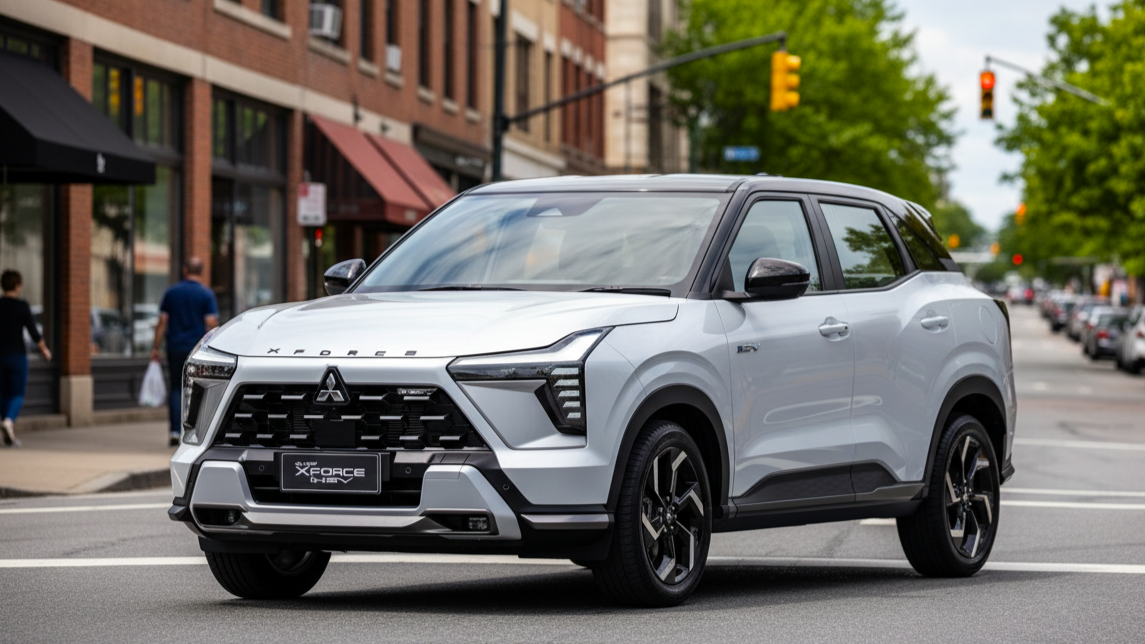
- Plug–in Hybrid (PHEV – Plug–in Hybrid Electric Vehicle). This type of hybrid has a significantly larger battery that can (and should) be charged from an external power source. On a full charge, a PHEV can travel from 40 to 100 km like a full–fledged electric vehicle. When the charge runs out, the petrol engine kicks in. A PHEV is a suitable option for those who drive short distances daily but want the ability to go on a long trip without being tied to charging stations.
- Mild Hybrid (MHEV – Mild Hybrid Electric Vehicle). The simplest and most affordable technology. An MHEV cannot run on electric power alone. A small electric motor (a starter–generator) only assists the petrol engine during the first seconds of acceleration, reducing the load and saving fuel. It also ensures a smoother operation of the start–stop system.
When choosing between hybrid types, you should consider your driving style.
- A Full Hybrid (HEV)is ideal if you don’t want to change your habits at all. The car does everything itself: it charges, it switches between motors. You just drive and save. An HEV is the best choice for those who drive a lot in a mixed «city–highway» cycle.
- A Plug–in Hybrid (PHEV) requires a more conscious approach. Buying one makes sense only if you have regular access to a power outlet. If you charge the battery regularly, your daily commutes to work or the store (within 50–80 km) will cost you pennies. But if you drive it with an empty battery, all the savings are lost – the heavy car will consume more petrol than its non–hybrid counterpart.
- A Mild Hybrid (MHEV)offers minimal but still noticeable savings (5–10%). Its advantage is the small price premium compared to a conventional petrol car. It's a good compromise if a full hybrid seems too expensive.
In Cyprus, full hybrids (HEVs) are the most common, especially Toyota hybrid cars, which pioneered this field. Plug–in hybrids (PHEVs) are gaining popularity, but their selection is still limited.
Pros of Hybrid Cars in Cyprus
In the island's conditions, hybrid technologies reveal their full potential.
Advantage | How It Works in Cyprus |
Fuel Economy | In the city traffic of Limassol or Nicosia, a hybrid often runs on electric power, saving up to 40% on fuel. |
Versatility | A hybrid is excellent for both short city trips and long journeys on the highway to Paphos or Ayia Napa. |
Lower Emissions | Low CO₂ emissions mean lower Road Tax and cleaner air. |
Quiet and Comfortable Ride | Driving on electric power in traffic and parking lots is almost silent, reducing driving stress. |
Performance | The electric motor provides instant throttle response, making overtaking on the highway more confident and safer. |
Cons and Limitations
While hybrid cars offer many benefits — from lower fuel consumption to quieter driving — they are not without drawbacks. Understanding these limitations is essential before you decide to buy a hybrid car in Cyprus or rent one for your everyday use.
1. Higher Purchase Cost
One of the most noticeable disadvantages is the price. Hybrid cars almost always cost more than their petrol counterparts. This extra cost comes from the sophisticated technology inside — the dual powertrain, advanced battery systems, and electronic management.
- For small city cars, the difference might be a few thousand euros.
- For SUVs and premium hybrids, the price gap can climb into the tens of thousands.
This means that while you may save on fuel in the long term, the initial investment is significantly higher, and buyers need to carefully calculate whether the savings will outweigh the upfront cost.
2. Limited Infrastructure for Plug-in Hybrids (PHEVs)
Plug-in hybrids (PHEVs) promise impressive efficiency, but only if you charge them regularly. And here lies one of the main challenges in Cyprus: public charging stations are still relatively few and concentrated in major cities like Nicosia, Limassol, and Larnaca.
- If you live in a rural area or frequently travel outside of urban centers, finding a charging point can be inconvenient.
- To unlock the full potential of a PHEV, you’ll need a reliable charging solution at home or at your workplace. Without it, the car will behave more like a heavy petrol vehicle, losing its key advantage in fuel economy.
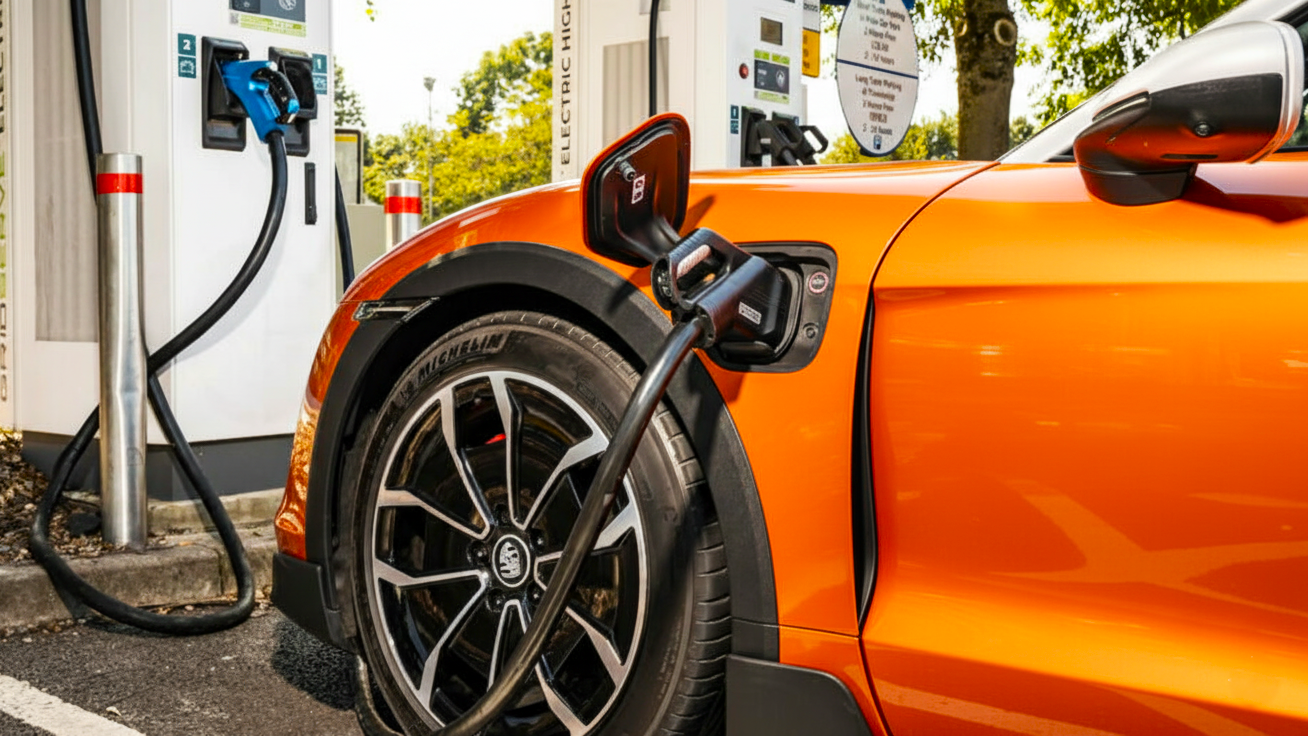
3. Complexity of Repairs and Maintenance
A hybrid powertrain is a highly complex system that combines a combustion engine, one or more electric motors, and a large battery pack. This complexity creates two main issues:
- Diagnostics and repairs require specialized equipment and software that not every workshop on the island has.
- Qualified technicians with hybrid expertise are still in the minority in Cyprus, which can lead to longer waiting times or higher repair costs compared to conventional petrol cars.
While brands like Toyota and Lexus have strong support networks, owners of less common hybrid models may face difficulties in finding proper service.
4. Battery Longevity Concerns
Although modern hybrid batteries are designed to last for many years, Cyprus’s hot climate accelerates natural battery degradation. Replacement costs can be high, often running into the thousands of euros, so potential buyers should factor this into their long-term ownership plan.
5. Resale Value Uncertainty
The hybrid market in Cyprus is still developing. While demand is rising, resale values can be less predictable compared to traditional cars. Buyers who plan to change vehicles within a few years should carefully research how different models retain value locally.
Hybrids and the Climate of Cyprus
The island's hot climate is a serious test for any automotive technology, and hybrids are no exception.
Battery Performance in the Heat
High temperatures accelerate the natural degradation of lithium–ion batteries. However, manufacturers, especially Toyota and Lexus, use effective battery cooling systems (often with a separate fan and filter) that maintain the battery within its optimal temperature range. With proper operation, the battery's lifespan is comparable to that of the car itself.
Operation on Mountain Roads
On the winding roads of the Troodos mountains, hybrids perform excellently. On long descents, the recuperation system actively charges the battery, and on ascents, the electric motor assists the ICE, providing confident traction.
Impact of Air Conditioning
Running the air conditioner at full power increases energy consumption. In a hybrid, this causes the petrol engine to engage more frequently. However, the impact on overall fuel consumption is not critical and amounts to about 10–15%.
Popular Hybrid Models in Cyprus for 2024–2025
The market for hybrid cars in Cyprus is mainly represented by Japanese and Korean brands that have established themselves as the most reliable.
Here are the top 5 most popular models:
Toyota Corolla Hybrid
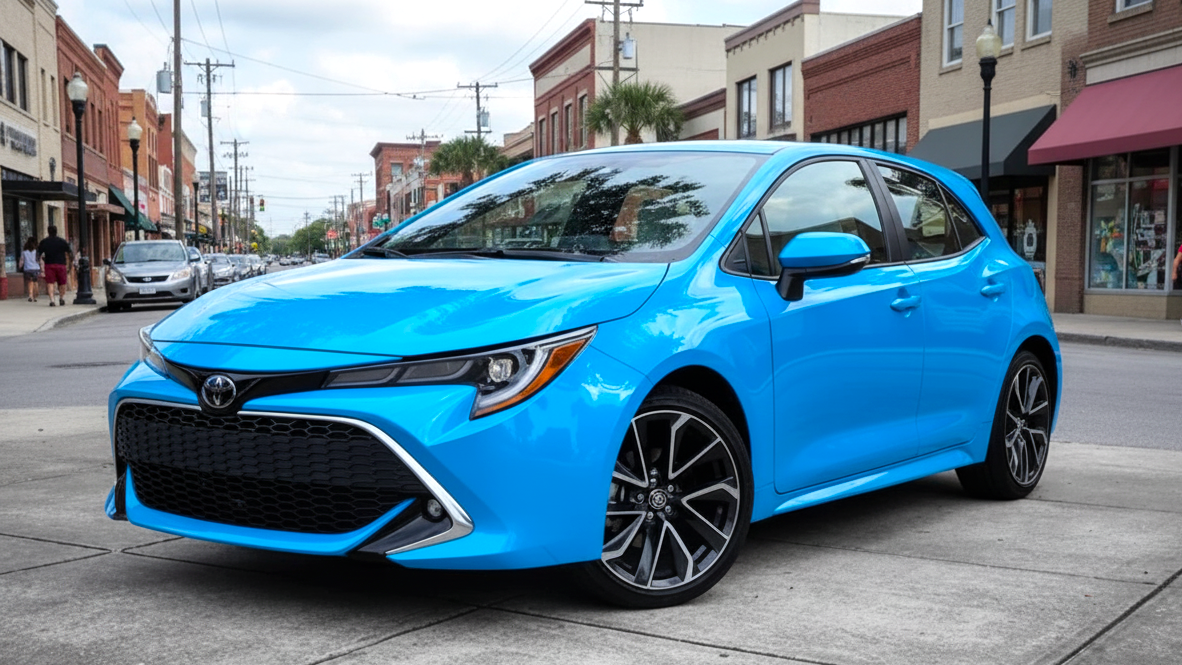
A bestseller and a benchmark for reliability. It offers the comfort of a C–segment sedan with the fuel consumption of a small car (around 4.5 L/100 km).
Toyota RAV4 Hybrid
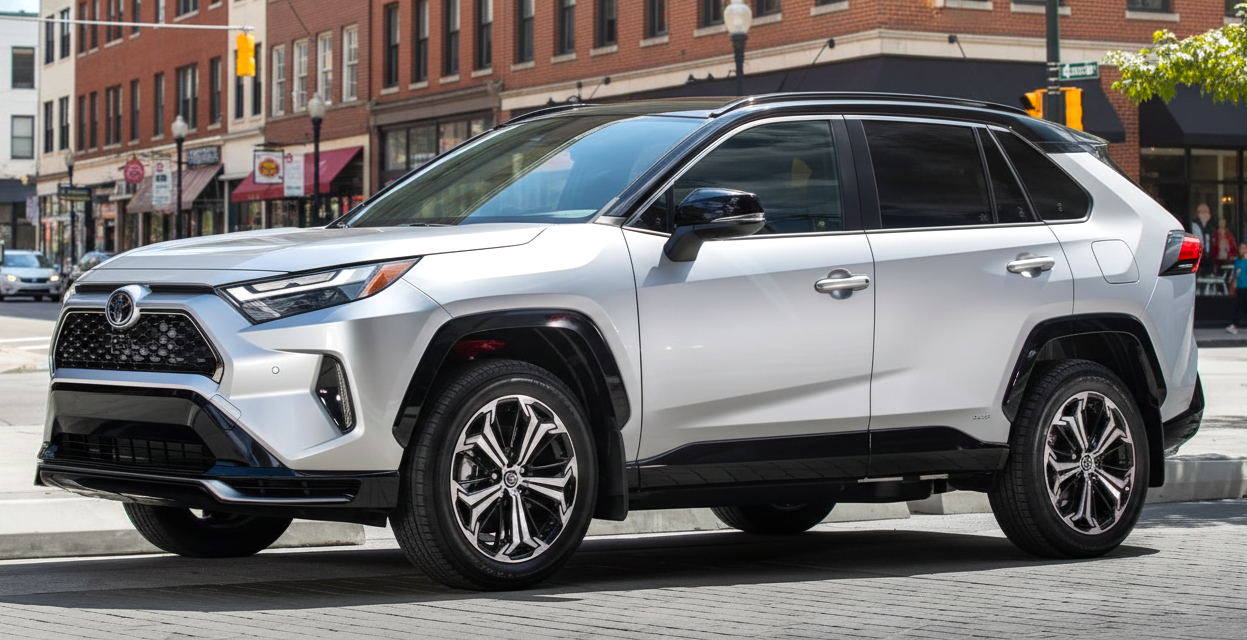
One of the best family SUVs. It combines space, capability, and Toyota's legendary hybrid system with a fuel consumption of about 5.8 L/100 km.
Kia Niro
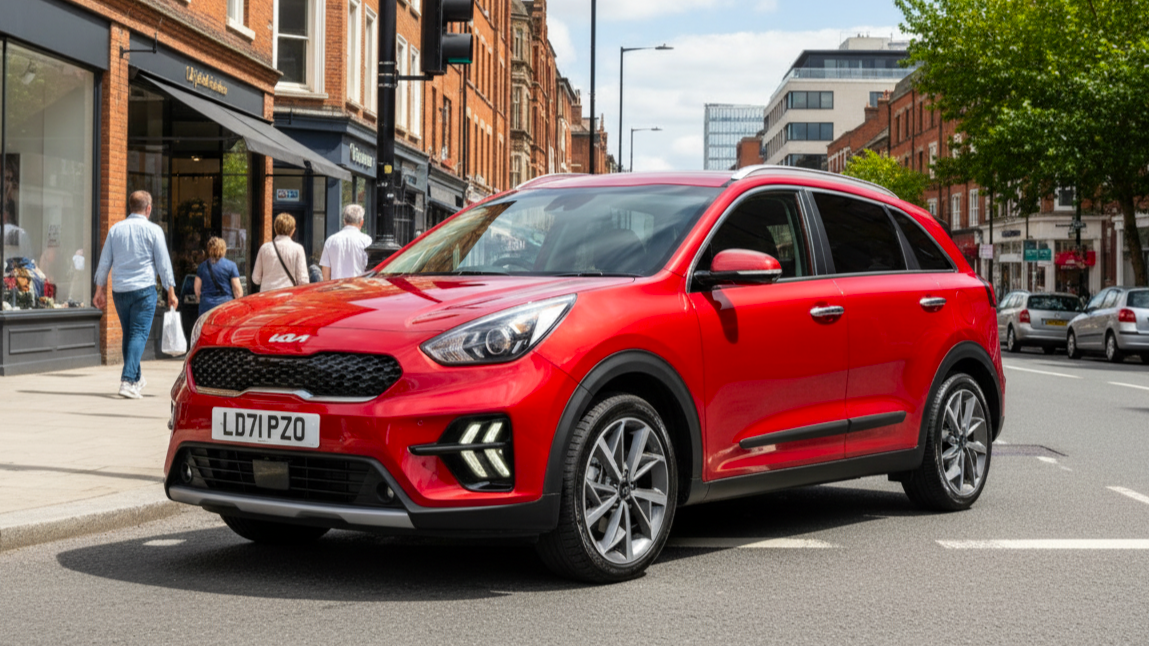
A unique model available in three versions: full hybrid (HEV), plug–in hybrid (PHEV), and all–electric. A stylish and very economical crossover.
Hyundai Tucson Hybrid
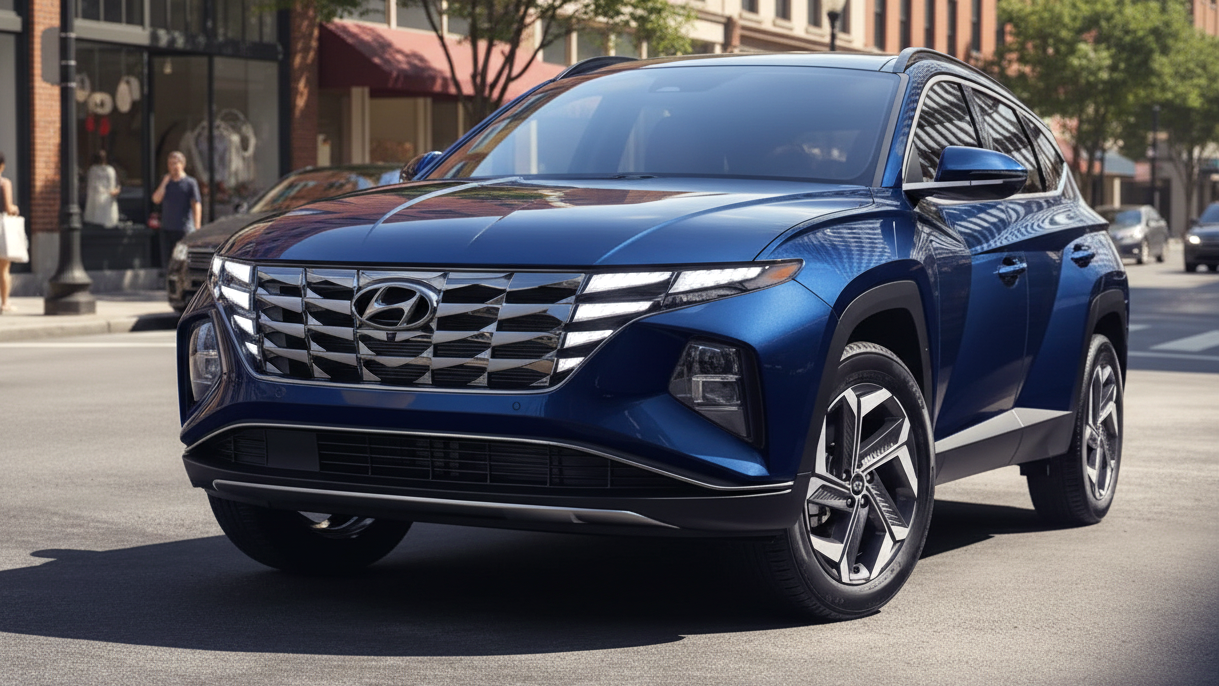
A modern, technological, and spacious SUV with a striking design and a powerful hybrid system that provides excellent performance.
Lexus UX 250h
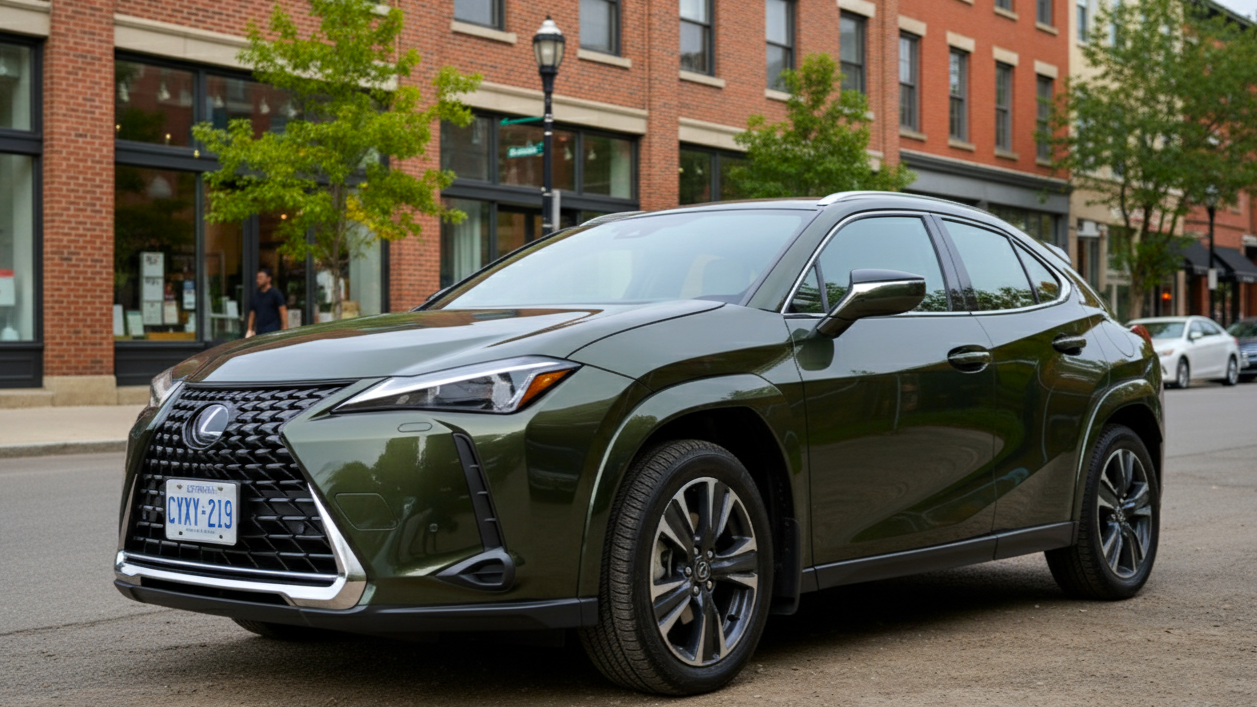
A premium compact crossover for the city. It offers the highest quality materials, comfort, and very low fuel consumption thanks to Toyota's hybrid system.
Buying or Renting a Hybrid in Cypru
Hybrid cars are becoming more accessible for both purchase and rent on the island.
In Car Rentals
Major rental companies are increasingly offering hybrid versions of popular models like the Toyota Yaris, Corolla, or RAV4. When renting, clarify the type of hybrid. If it's a PHEV, ask if a charging cable is provided and where the nearest stations are.
When Buying
The hybrid market in Cyprus offers both new cars from dealers and a large selection of used models, including those imported from Japan. Toyota hybrid cars traditionally enjoy the highest demand due to their reliability.
Conclusion
So, is it worth choosing a hybrid car in Cyprus? If you value low fuel consumption and comfort in city traffic – absolutely yes. A full hybrid (HEV) will save you money at the pump without the need to look for an outlet, making it 100% suitable for trips across the island. A plug–in hybrid (PHEV) will make your daily short routes nearly free if you have access to charging. The key is to choose the type that best suits your lifestyle and mileage.
Explore our catalog to compare current hybrid cars in Cyprus, evaluate their features, and find your own.


